About us at the Inorganic Chemisty programme
The research programme in inorganic chemistry is part of the Department of Chemistry - Ångström. The professor in charge of the programme is Martin Sahlberg.
Our research focuses on synthesis and characterisation of new inorganic materials.
If you wish to get in touch with the research programme, you find the general contact information on our contact page.
These are the research leaders:
Martin Sahlberg
My research is generally focused on the synthesis and characterisation of novel bulk materials for energy storage and conversion, which I study in particular with different diffraction techniques, but also including absorption/desorption measurements and electrochemical methods. Main applications are within the hydrogen society (production, compression and storage) as well as magnetic materials.
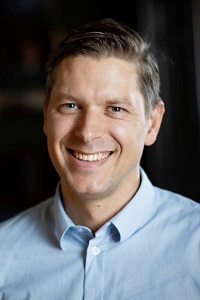
Per Eklund
I am a materials scientist specialising in vapor-deposition synthesis and characterization of thin films, coatings, and two-dimensional materials for energy applications, including thermoelectrics for waste-heat harvesting, resilient coatings for fuel cells, batteries and electrolyzers, superconductors, and nuclear applications.
In addition to my track record in fundamental materials science, I have extensive industry collaboration, among others, with four industry PhD students graduated and a spinoff company.
I was previously professor at Linköping University and head of the Energy Materials Unit, at the Department of Physics, Chemistry and Biology (IFM). I am also Editor of the journal Vacuum (Elsevier).
Publication list and profile can be found on Google Scholar.
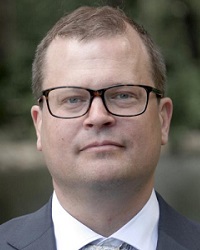
Ulf Jansson
My research is focussed on synthesis and characterization of thin film materials for various applications. I work primarily with carbon-based materials such as carbides and graphene, but also with borides and oxides. An important part of the research is the design of multi-functional materials with a specific microstructure. Examples are, nanocomposites, amorphous films, and multilayer structures with an unique combination of mechanical, tribological and electrical properties.
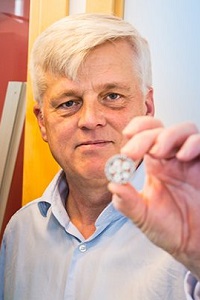
Erik Lewin
My research focuses on the fundamentals of structure-property correlations of new materials, with the aim of understanding how materials can be designed from the atomic scale structure and up to control their properties. My experimental expertise is centered around magnetron sputter deposition, X-ray diffraction, and X-ray photoelectron spectroscopy. Most of my research is connected to thin film materials, in particular multi-component thin film materials, such as alloys, nitrides, and carbides. Publications and citations can be found on my Google Scholar profile - Qowwj-MAAAAJ
I am also the director of AM@Å - the Additive Manufacturing initiative at the Ångström laboratory, and I'm heavily involved in undergraduate teaching of materials chemistry and ananlysis.
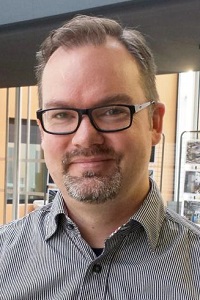
Leif Nyholm
My work, which is focused on electrochemistry and electrochemical methods, involves fundamental research on lithium-based batteries, corrosion, cellulose-based energy storage devices (i.e., batteries and supercapacitors) and electrochemical manufacturing of nanostructured battery materials.
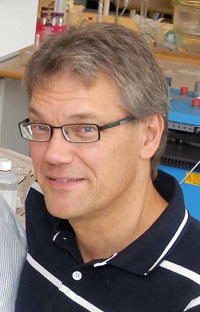
Gunnar Westin
My research is focused on development of new solution based processes to structurally and compositionally complex materials. They may be in the forms of nano-particles, thin films, coatings, sponges or compacts and consist of metals, oxides, carbides or nitrides. Solution chemical processes start with molecules in solution, which are influenced to form a solid, viscous liquid or gel-like material, which is subsequently heat-treated to yield advanced materials with properties of interest. A major part of the research is devoted to elucidation of the reaction steps that take the designed molecules into the target materials of interest. The research is both of fundamental and applied nature, the latter involving development of new processes and materials for Swedish industry.
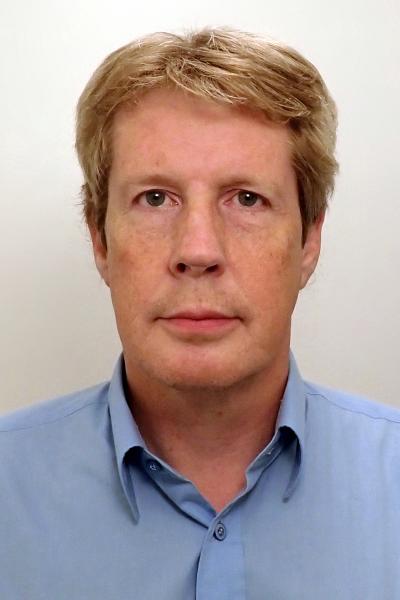
Contact
- If you have questions about our research, you are welcome to contact the programme professor Professor Martin Sahlberg.
- Martin Sahlberg
